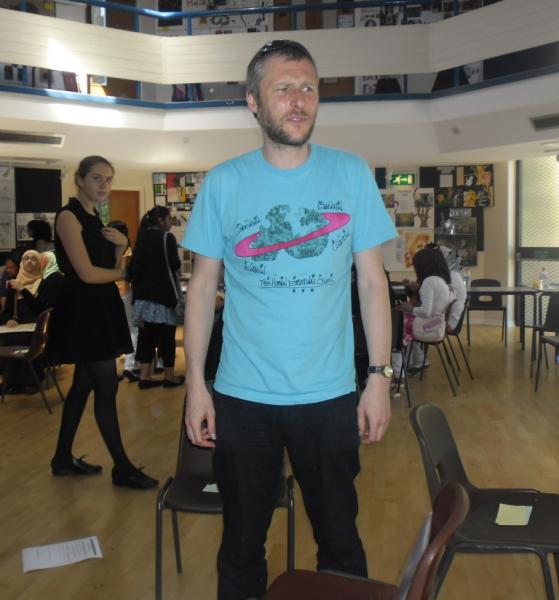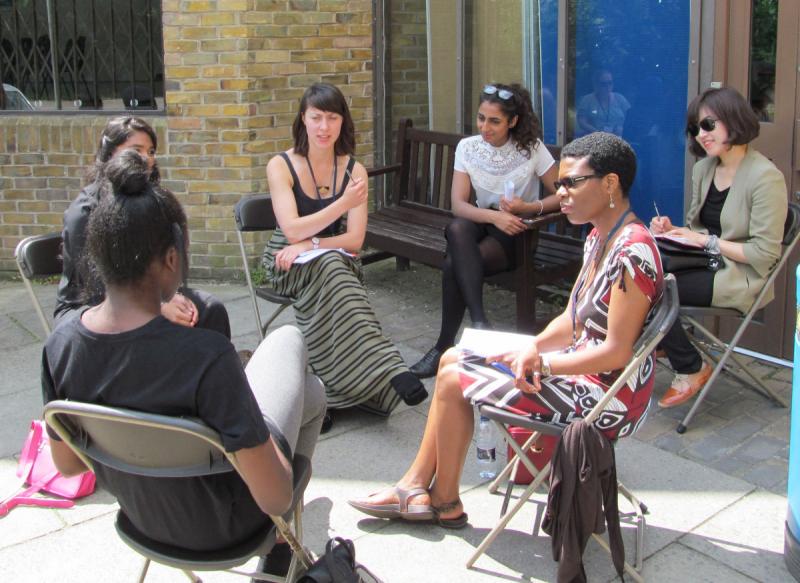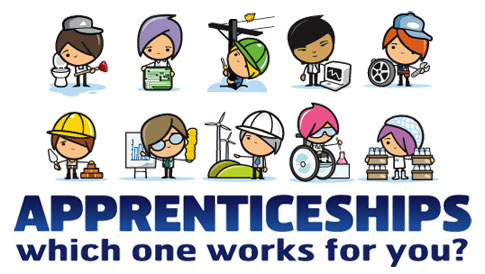Education and the Livery – what contribution can we make and why does it matter?
Dr Simon Davey spends an intriguing morning at the Livery Education Conference and comes back with ideas of how we can all make a difference and why we all need to...
The Livery Education Conference is an annual event, held in June each year, for representatives of the Livery Companies and Head Teachers and is hosted by the Worshipful Company of Actuaries. The focus is: (1) developing the partnership between Livery Companies and schools, (2) demonstrating how Livery Companies can help schools prepare students for the future.
The Lord Mayor’s keynote spoke of the need to “equip young people with the knowledge and skills to take their place in the workforce”, “give young people a long term view” and “nurture and identify talent at an early stage”. He spoke of “looking out, looking ahead and broadening views and aspirations”. He also referenced “The City’s Business”, a brief report on helping young Londoners into employment – www.cityoflondon.gov.uk/thecitysbusiness (well worth a read)
 Sheriff Charles Bowman talked of the challenge of why our best education isn’t translating into employment and the need to both dispel the myth that all City people drive fast cars and to ensure we better target our support. Over the next ten years, demand for workers will focus on higher level skills. Soft skills are gained through the experience of work but there are limited entry points into work hence fewer opportunities to gain them. It is important to increase both parent and young people’s awareness of non-university opportunities and routes into work.
Sheriff Charles Bowman talked of the challenge of why our best education isn’t translating into employment and the need to both dispel the myth that all City people drive fast cars and to ensure we better target our support. Over the next ten years, demand for workers will focus on higher level skills. Soft skills are gained through the experience of work but there are limited entry points into work hence fewer opportunities to gain them. It is important to increase both parent and young people’s awareness of non-university opportunities and routes into work.
Livery Companies, and indeed the 26,000 members of the Livery, can offer a menu of support: (1) employment, (2) careers talks, (3) mentoring, (4) support for enterprise projects, (5) grants, (6) governorships. There’s something for everyone and a wide choice of degrees of commitment.
He went on to say that the London Ambitions project (https://www.london.gov.uk/what-we- do/education-and-youth/preparing-young-people-workplace/about-london-ambitions) recommends 100 hours of work-related learning per student. The City’s Business guide deserves wider promotion, e especially the five guiding principles – walk the talk, target support where needed, collaborate, quality over quantity and monitor/evaluate/learn.
Zara Tippey, Head of Corelli College, talked of the importance of educating to expertise, maintaining high standards and inspiring excellence. Zara had initially found the Livery and its plethora of companies rather overwhelming, not least the sheep driving! She highlighted the importance of involving, and checking for understanding, across the four groups – Livery Companies, the school Senior Leadership team (SLT), the staff collective and individual staff. Her top tips for schools were: (1) do your research and look at how Livery Companies have moved with the times, (2) build a relationship based on charitable principles in their widest sense (not just money), (3) get SLT on board first, (4) appoint a member of SLT to drive the partnership, (5) help staff to understand, (6) tackle staff scepticism, (7) be open minded to opportunities.
It was about providing confidence and tools to students to help them engage and about creating networking and confidence building opportunities – something we can all help with. Zara highlighted the value of Livery Schools Link (LSL) – www.liveryschoolslink.co.uk - in helping schools find leads within the Livery Companies and helping Livery Companies find schools.
LSL offers opportunities to connect us as a Company, and as individuals, with schools and young people but more broadly, offers us the opportunity to be part of a network of the wider Livery in doing this well and making the biggest impact we can.
Peter Williams, IPM Educator, updated us on developments since the last conference and highlighted a challenge for apprenticeships as career paths may become obsolescent as jobs change.
David Barker of the Information Technologists spoke of his own experiences developing a career and talked of a Livery Company for every career. The new LSL Brokerage website (listing opportunities to volunteer in schools) will soft launch in October and WCoMC have expressed an interest in being involved. It is planned to roll out the brokerage to all London schools by April 2017.
Our first break out session asked “how are schools already able to prepare students for the world of work and how might Livery Companies help?” We  suggested a few options including: teaching children how to network, giving them perspective of the breadth of work and inviting young people to Livery social events. (I’m pleased to note we did this for our 2016 Change Lecture of which you can read more elsewhere – and watch the video.)
suggested a few options including: teaching children how to network, giving them perspective of the breadth of work and inviting young people to Livery social events. (I’m pleased to note we did this for our 2016 Change Lecture of which you can read more elsewhere – and watch the video.)
PM Actuary Martin Miles and St Olave’s Head Aydin Onac (from as far afield as Orpington no less) talked of how the Actuaries supported an already successful school. Scholarship and aspiration was at the heart. St Olaves run a STEP maths entrance exam for Cambridge and with support are able to include students from other schools. Their Oxbridge prep starts in Year 7.
Visiting speakers are important to St Olave’s – they bring in information, provide an ambassadorial role and support Q&A. They can explain the wide range of jobs in a big company and can help raise aspirations. They help make real the diversity of roles and opportunities.
There was time for a reflection on how do Livery Companies’ work reflect the relevance of the 21st Century – the increasing importance of computing and robotics, articulating alternative pathways to university and Liverymen supporting ongoing relationships with either individuals or small groups. The big question remains: “What can your Livery Company offer for the 21st Century?”
Andrew Parmley spoke of the challenges for men. Less educated men are struggling to find a role in the workplace. Men who lose their jobs often never  work again – they frequently have no job, no family, no prospects. (Unsurprisingly women tend to prefer men in work with prospects!) Youth unemployment in London is still the third highest. We need to be embracing apprenticeships, encouraging ‘debt free, skilled up’ young people. Practical education, experience and guidance are the key. The best route for an individual (either university or apprenticeship) has nothing to do with intelligence or ability. Andrew closed by noting that earning potential with a Level 5 qualification (apprenticeship) was greater than that for graduates of non-Russell Group universities.
work again – they frequently have no job, no family, no prospects. (Unsurprisingly women tend to prefer men in work with prospects!) Youth unemployment in London is still the third highest. We need to be embracing apprenticeships, encouraging ‘debt free, skilled up’ young people. Practical education, experience and guidance are the key. The best route for an individual (either university or apprenticeship) has nothing to do with intelligence or ability. Andrew closed by noting that earning potential with a Level 5 qualification (apprenticeship) was greater than that for graduates of non-Russell Group universities.
The final discussion group focused on how we make better links between schools and Livery Companies and help going forward.
We highlighted ‘Learn and Earn’ as suitable for particular styles of learning – universities don’t suit everyone regardless of ability, especially those with a more kinaesthetic focus than academic. We need to do more to explain what apprenticeships are and their value (and remove some of the ‘snobbishness’ around the university vs apprenticeship discussion).
In terms of the Livery Company and school relationship we talked about matching the needs of schools to a specific offer, perhaps engaging pupil premium (lower income household) students in their futures and aspirations. For schools we suggested ‘Contact One Clerk’ – specify a need, approach a Clerk and their networks will often help connect you with the right person and get the hands on follow up. We proposed that every Livery Company Education Committee should appoint a schools liaison officer to build and manage relationships with schools. (Me, miss?)
It was suggested that sixth form students might, in return, ‘sort out’ the web presence of some of the more lagging Livery Companies. The words ‘old fashioned’ and ‘stuffy’ were mentioned more than once. And we understand the need to be clearer as to what our Companies represent in the modern world and to make ourselves more intelligible. For instance the Horners are now leaders in polymer science.
David Steward closed the event by talking about the ‘many steps along the path to the workplace’, our need to prepare young people for higher education as well as the world of work, to start early in a student career and to engage and inform parents and teachers.
The next major LSL event is the Livery Showcase in the Guildhall in March 2017. It would be nice to showcase what management consultants do. Wouldn’t it?
And it wouldn’t be a Simon Davey article without a call to action would it?
So what can you do for education through the WCoMC or elsewhere? Let’s take a look at that menu again…
(1) employment – give someone a job (or work experience)
(2) careers talks – talk about your experiences and life as a management consultant
(3) mentoring – provide advice to either students or teachers or school leaders
(4) support for enterprise projects – get involved in events and activities (or even set them up)
(5) grants – give money (or persuade the Company to give money!)
(6) governorships – be a school governor, a longer term commitment but rewarding all the same.
There’s something for everyone so that means there’s something for you! If you need help finding the opportunities then contact Livery Schools Link or your very own Education and Schools Panel – details below.

Dr Simon Davey,
Chair, Education and Schools Panel
June 2016
www.drsimondavey.com – simon@omega-alpha.com
